
Stabilizing gold and USD prices will help stabilize the psychology of people depositing VND in banks - Photo: PHUONG QUYEN
Since the beginning of the year, the exchange rate pressure has been quite "tense". The selling price of USD is still fixed at 25,471 VND (according to Vietcombank exchange rate on June 17). At the mid-June meeting, the US Federal Reserve (Fed) still kept the USD interest rate at a high level (5.25 - 5.50%).
Many supporting factors, exchange rate will cool down
Speaking to Tuoi Tre, Mr. Truong Van Phuoc, former acting chairman of the National Financial Supervisory Commission, said that the Fed has raised interest rates at the fastest rate in 40 years to fight inflation and has maintained them at high levels for the past three years.
Although US inflation has begun to cool down, it is not really stable, and there are many different forecasts surrounding the possibility of interest rate adjustments from the Fed.
According to Mr. Phuoc, the Fed's interest rate cut will have an impact on the market sooner or later, but more importantly, the market's high expectation that the USD will depreciate.
In fact, the Dollar Index has been rising for a long time and has remained at its peak due to the interest rate differential. "It has climbed to the top, it is just waiting for time to slowly fall down," Mr. Phuoc commented.
In addition, according to Mr. Phuoc, the possibility of VND devaluation in the second half of this year will no longer be strong because VND mobilization interest rates at banks are gradually increasing.
"The gradual increase in interest rates comes from the gradual increase in credit demand. Credit growth is better, but capital mobilization growth is low, this creates pressure leading to banks raising savings interest rates," Mr. Phuoc affirmed.
Ms. Tran Thi Khanh Hien, director of research at MB Securities (MBS), also believes that the pressure on the exchange rate will soon cool down as the USD tends to weaken. After the Fed's meeting on June 12, although the USD interest rate was still anchored at the current level, with a more "moderate" viewpoint, the strength of the greenback has cooled down. And according to many experts' forecasts, the Fed is likely to cut interest rates at least once this year.
According to Ms. Hien, from July and August onwards, import demand will decrease, which will reduce foreign currency demand. "In addition, Vietnam is still maintaining a positive balance of payments, foreign exchange reserves are expected to reach 110 billion USD in 2024, and FDI disbursement is still good.
In particular, the Government is very determined to stabilize gold prices, narrowing the gap with world prices, thereby cooling down domestic USD demand," said Ms. Hien.

Customers transact at a bank in District 1, Ho Chi Minh City - Photo: Q. DINH
Still wary of inflation
The US dollar has strengthened, and some central banks in the region have had to take many measures to intervene and stabilize the exchange rate, and some have had to postpone the timing of interest rate cuts.
As the Central Bank of Indonesia had to raise interest rates this year due to the devaluation of the local currency. So, does Vietnam need to raise its operating interest rates?
Economist Le Duy Binh, director of Economica Vietnam, said that the State Bank still has management tools without needing to raise interest rates to intervene in exchange rates.
"Many major central banks in the world have signaled that inflation has peaked and are showing a tendency to lower interest rates. The Fed has not lowered interest rates yet, but it will not raise interest rates in the near future," said Mr. Binh.
According to Mr. Binh, Vietnam's monetary policy has been loosened since last year to support business recovery. If the State Bank raises the operating interest rate again, it will send a strong signal of the shift from loosening to tightening.
However, commercial banks have also proactively raised deposit interest rates to stimulate demand for deposits, contributing to stabilizing exchange rates...
"The exchange rate has many supporting factors, but whether to raise the operating interest rate currently depends on both inflation and system liquidity. If there are signs of high inflation and system liquidity shortage, the State Bank also needs to have flexible and proactive solutions with operating interest rates," said Mr. Binh.
With deposit interest rates starting to increase, many people are concerned that lending interest rates will also increase, hindering economic recovery. However, according to Mr. Truong Van Phuoc, this issue is not too worrying because lending interest rates cannot immediately increase right after deposit interest rates increase.
Even in the current sluggish credit environment, banks that want to increase outstanding loans must lower lending rates to stimulate credit demand.
"Exchange rate or interest rate is ultimately a matter of macroeconomic stability. Of which, inflation is an important aspect," said Mr. Phuoc. World inflation has begun to decline, and global average inflation is forecast to fall from nearly 6% this year to more than 3% in the next few years. For a country as open as Vietnam, rising global commodity prices will put pressure on domestic prices and vice versa.
"However, Vietnam must still be vigilant because even though world prices do not increase much, due to the increase in exchange rate, the devaluation of VND will add to domestic price pressure.
This needs to be taken into account when operating exchange rate policy," Mr. Phuoc recommended. In addition, many people in the country are worried that the salary increase from July 1 will put pressure on inflation. However, according to Mr. Phuoc, the newly adjusted salary scale is not too large, so this year's inflation rate of around 4% is feasible.
How are the currencies of countries in the region?
The downward trend of VND against USD is still quite similar to other currencies in the region. For example, the Thai baht has decreased by nearly 7% since the beginning of the year, the Malaysian ringgit has decreased by nearly 3%, the Japanese yen has decreased by 11%, the Chinese yuan has decreased by nearly 2.3%, the Singapore dollar has lost 2.61%...
According to Ms. Tran Khanh Hien - Director of MBS Research, the weakening of VND will affect the capital flow of foreign investors, especially indirect investment (FII) capital in the stock market, putting pressure on the debt payment obligations in USD of both the private sector and the Government.
At the same time, it pushes up the prices of imported goods, indirectly affecting the inflation target... On the contrary, a weak VND will be a favorable factor supporting net exporting enterprises.
 'Rumors about changes in exchange rate management are incorrect'
'Rumors about changes in exchange rate management are incorrect'Source: https://tuoitre.vn/ap-luc-ti-gia-dan-ha-nhiet-20240618082142378.htm







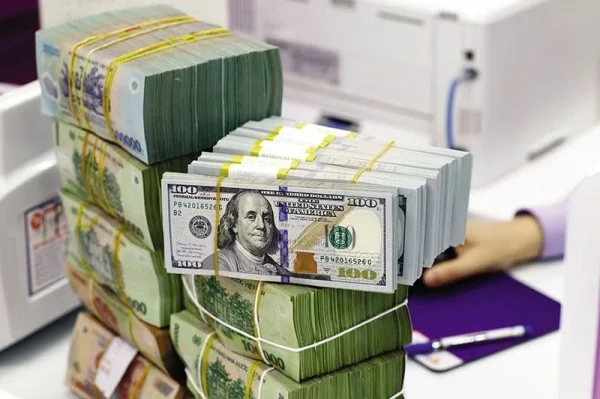

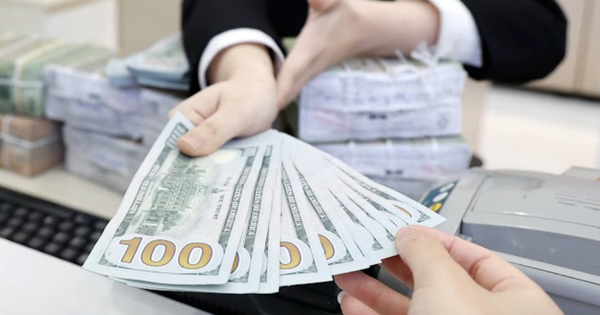

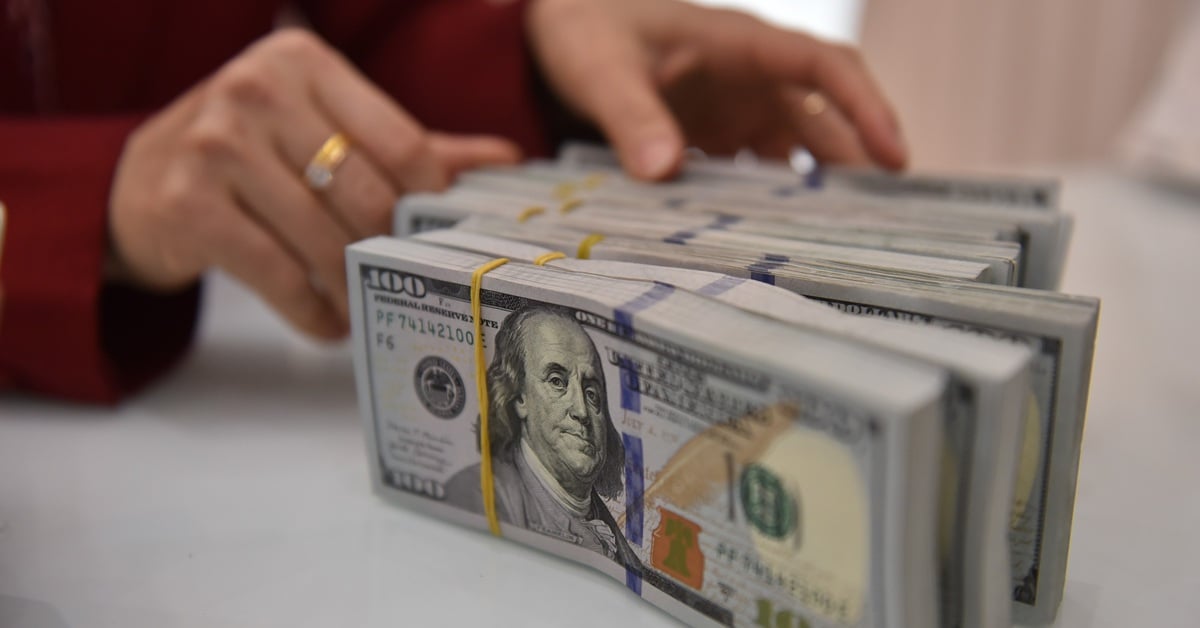
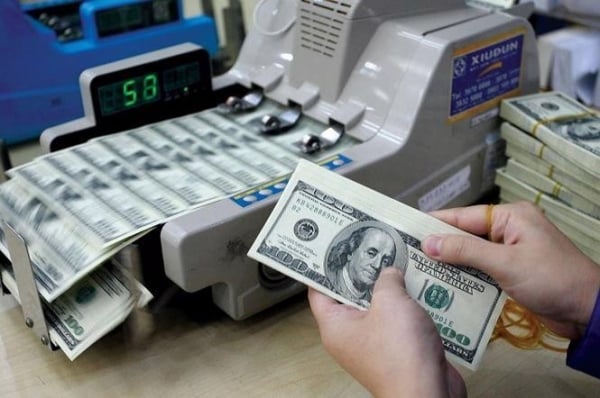
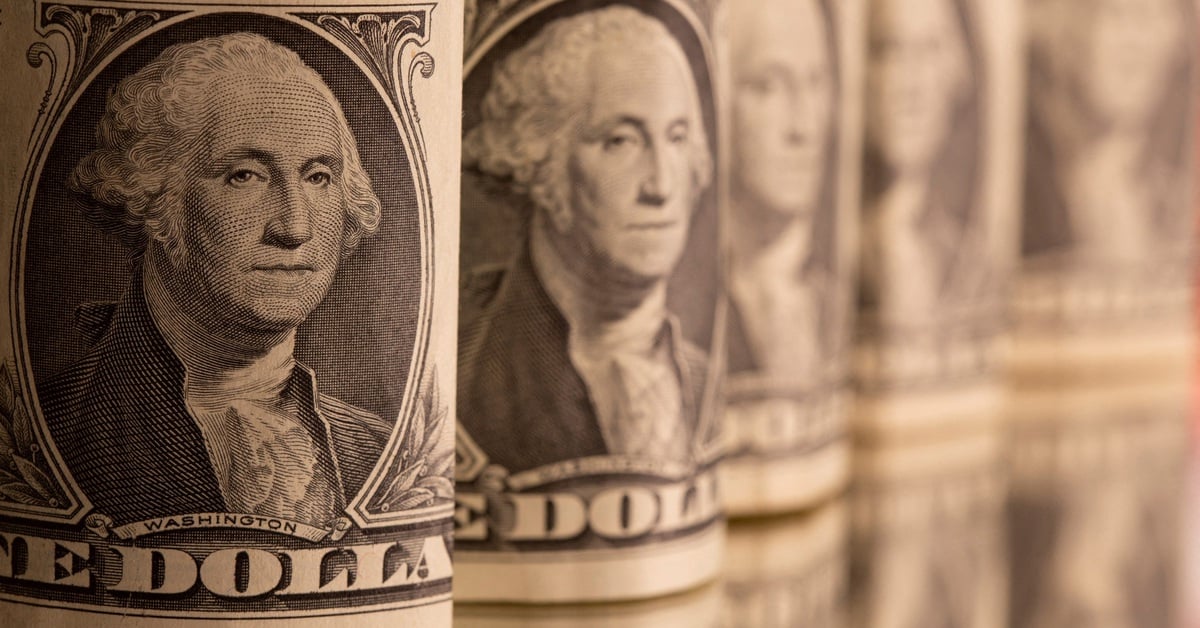
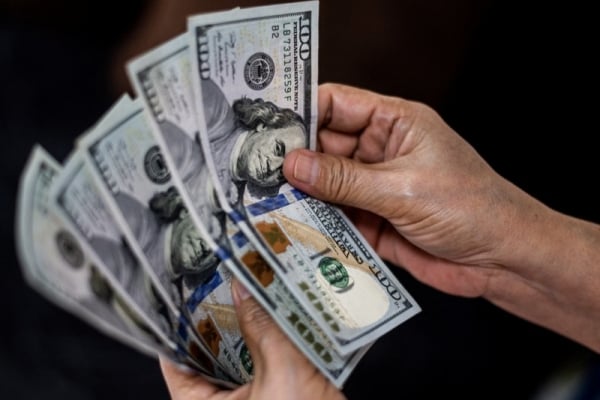



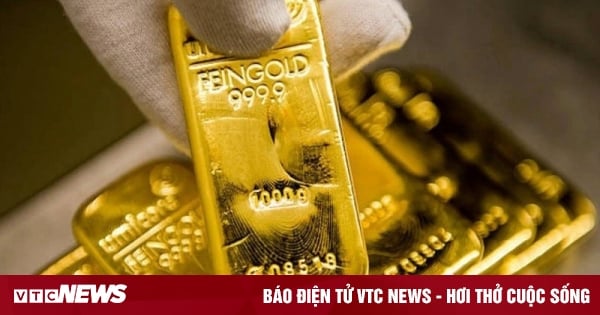
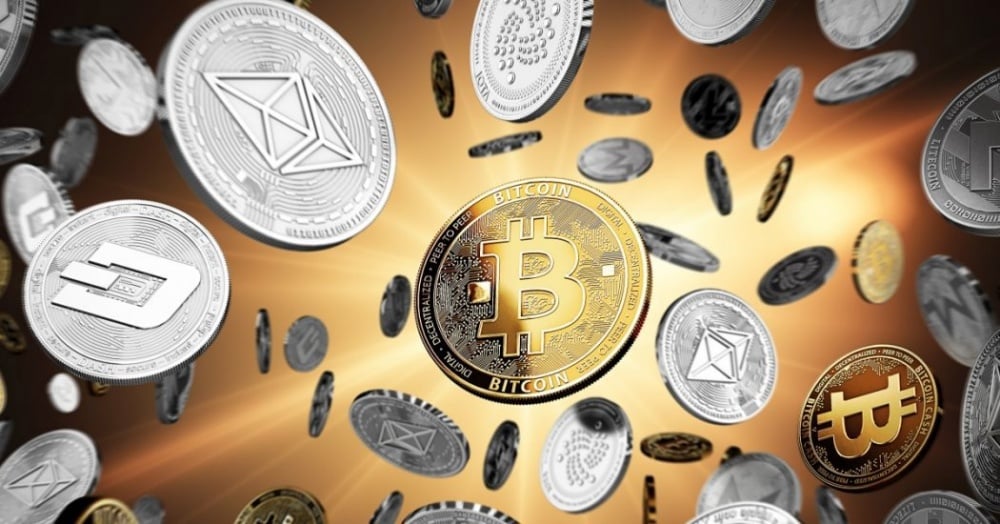







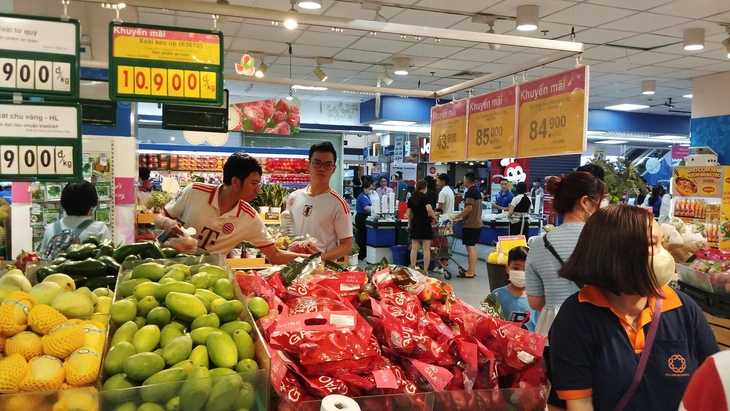















































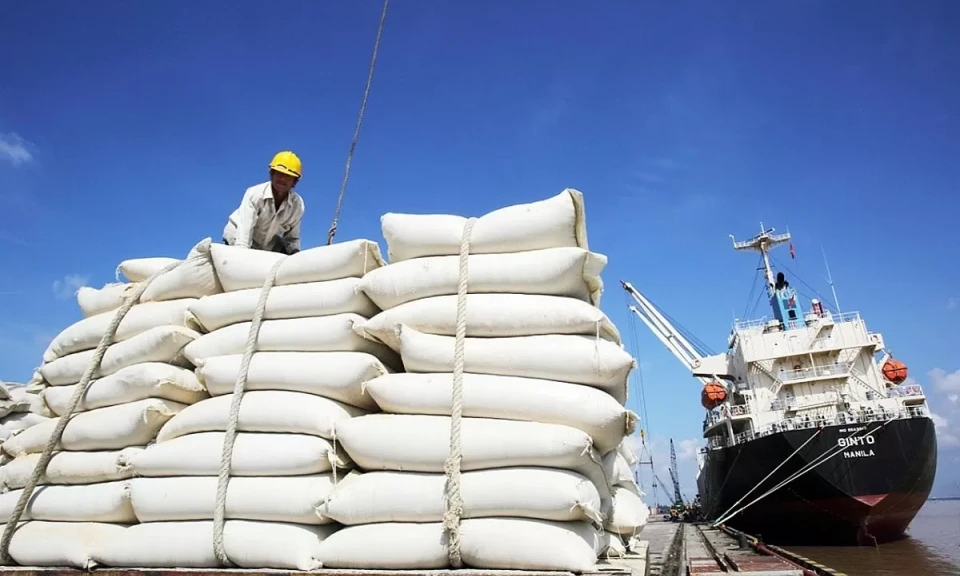













Comment (0)